My research usually takes me to tropical places where you can’t drink the water. But this week I’m in a very cold northern place. I came to Churchill, Canada to work with Polar Bears International on their Tundra Connections project, helping to spread the word about how climate change is impacting marine critters like polar bears.
The arctic is warming substantially faster than the rest of the world, so if you want to see what climate change really means, this is where you come.
One of the main impacts of climate change in the arctic is the loss of sea ice. The extent and thickness of arctic sea ice continues to decline as the arctic warms. So far, 2011 is roughly tied with 2007 as the year with the least sea ice in the arctic. For polar bears and other arctic creatures, this means a loss of habitat analogous to the loss of coral reef of kelp forest habitat.
Polar bears need sea ice to hunt for seals. No ice means no dinner and eventually no polar bears.
Hudson Bay is only a km to the east of us and all we can see is open water:
This late in the fall, there should be a lot of ice on the ocean. Because there isn’t any yet, all the bears are piling up along the shore, anxiously waiting for the freeze up that is still weeks away.
I’m a marine ecologist and a big part of my work is understanding how climate change is affecting tropical ecosystems like coral reefs. Coral reefs are ecologically and economically important, but it is critical to remember they are not the only system being degraded by greenhouse gas emissions. In every ocean habitat on earth, physical conditions, the composition of the biological community and ecosystem functioning are all changing.
The list of species being affected by ocean warming is long, and includes sea birds, fish, seaweed, mammals, plankton and countless invertebrates. We harvest many of these species for food and enjoy watching them as tourists, so the social and economic costs are immense and rarely considered in so called cost-benefit analysis of climate change mitigation.
Coming so far north has really helped me understand these broad impacts: actually seeing them truly brings home how critical an issue this is and how little time we have left to solve the problem. We have at best a few decades to really begun to reduce global greenhouse gas emissions, and more likely only another decade or so. Even the industry group the IEA just warned “the door to 2C is closing“. That means we are close to committing humanity to a much warmer world for thousands of years, and quite possibly one without polar bears.
Lets get our act together people! Ride your bike! Stop eating meat. Turn off your lights and AC. Reduce your carbon footprint. And give your elected officials a call and a piece of your mind!
[youtube]http://www.youtube.com/watch?v=axRX9_UyUOc&[/youtube]
This post was made possible by Polar Bears International and their Tundra Connections project, the Tundra Buggy Lodge and Canada Goose for keeping me warm!
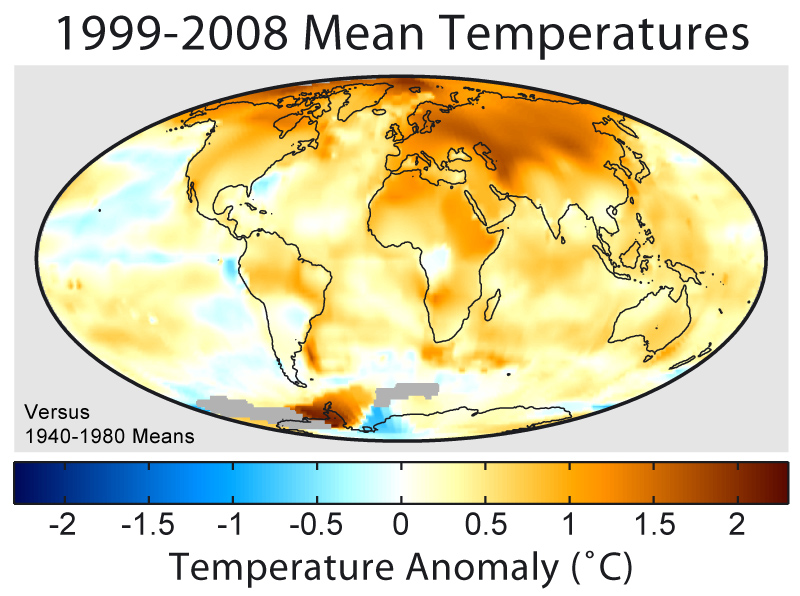
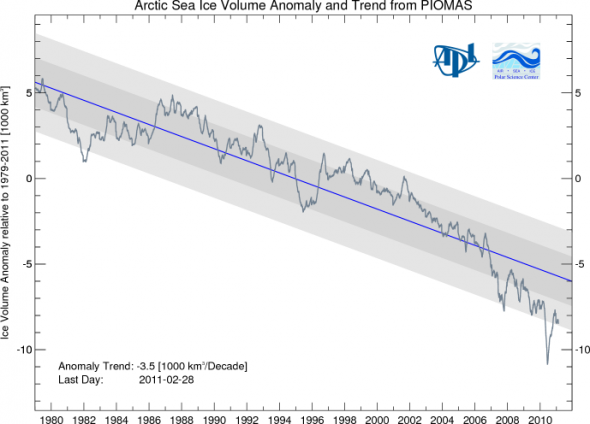
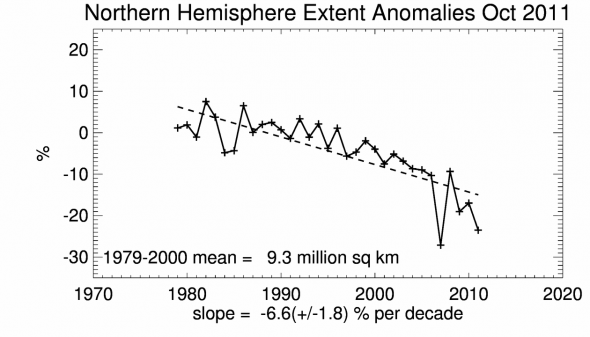
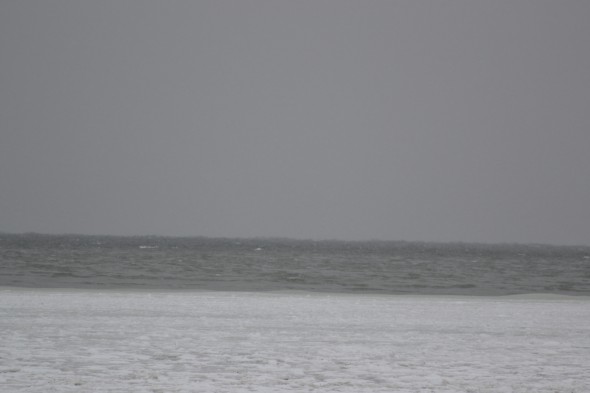
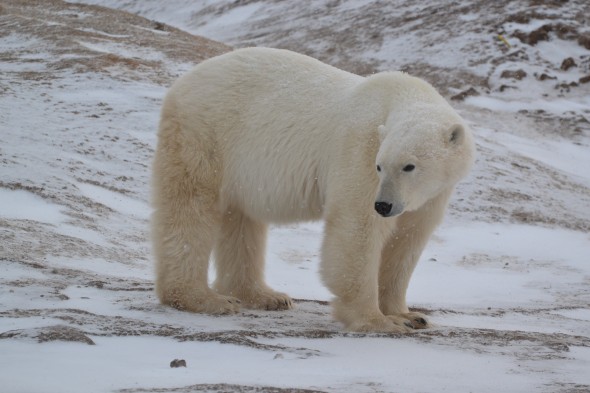
Leave a Reply